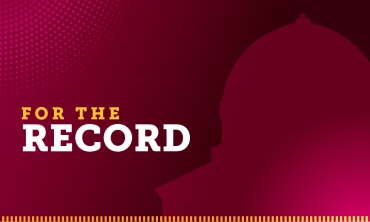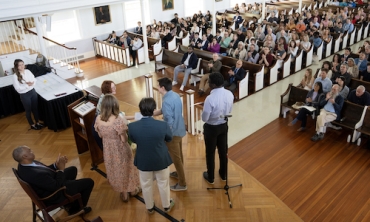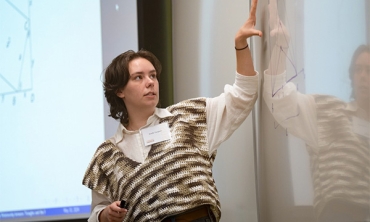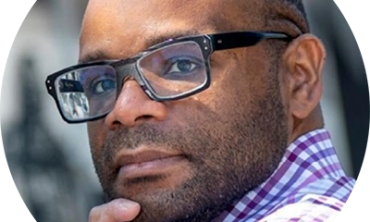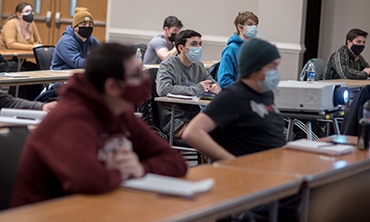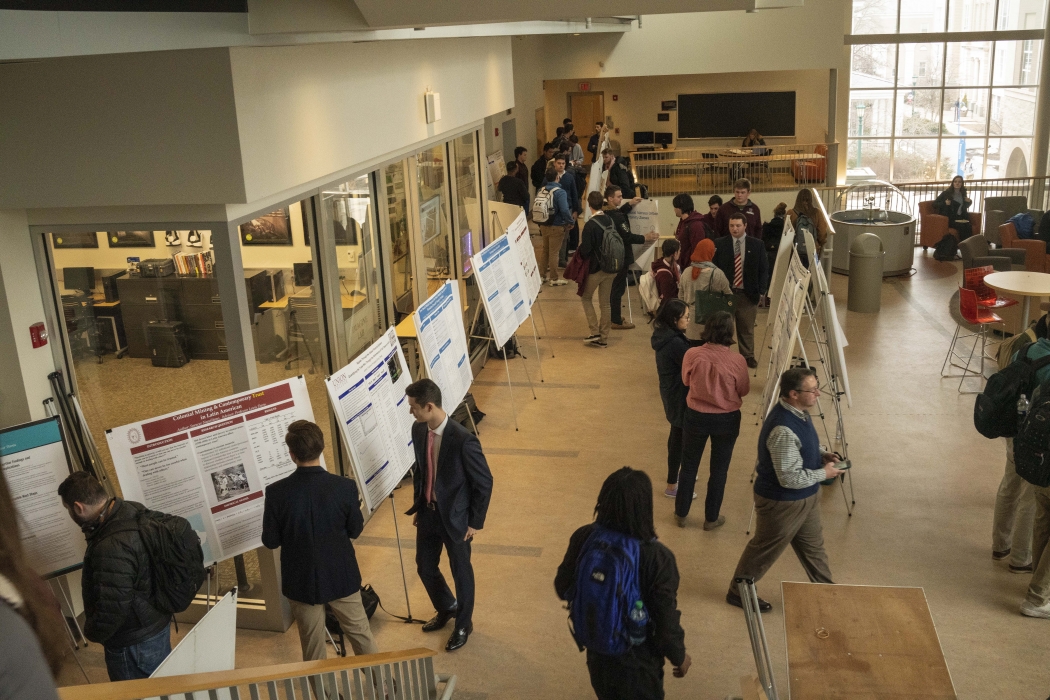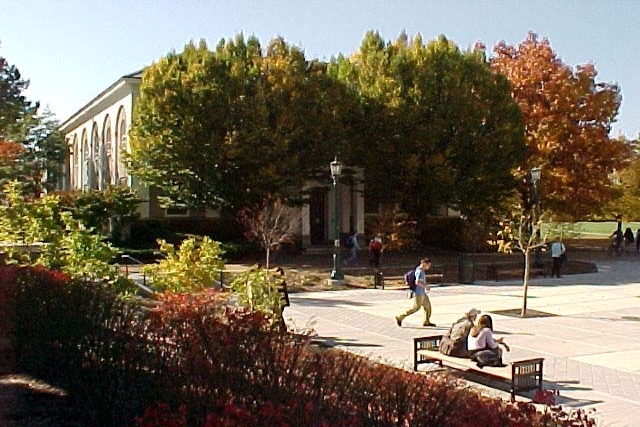Mission Statement: The Department of Economics at Union College educates students to explore, analyze, and evaluate economic issues of personal and social importance, using a broad range of economic knowledge and methodologies together with perspectives from other disciplines, as an integral part of their preparation for pursuing professional and personal lives of value and empathy.
Department of Economics
Economics Department
News
The Economics Department hosted a table at this year's Pride Fest! We are proud of our LGBTQ students and faculty and are delighted that you are part of our community! Pictured above, from the left, are Professors Alicia Dang, Dolores Garrido, Kaywana Raeburn, and Prateek Arora.
- Home
- Courses & Requirements
- Advising FAQs
- Faculty & Staff
- Faculty Research
- Research Seminars
- Undergraduate Research and Research Grants
- Economics Student Clubs
- Economics Support Center / Tutoring
- News
- Economics Newsletters
- Union Economics Alumni Profiles
- Preparing for graduate and professional programs after the economics major
- Economics Internship
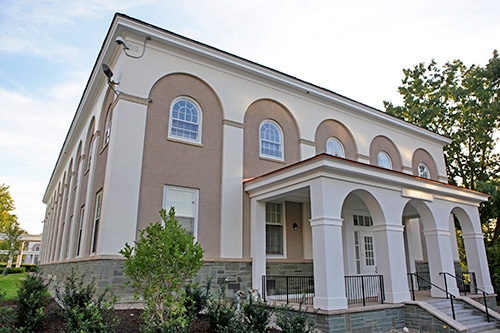
Lippman Hall 221
View in Google Maps
Fax:
Fax: (518) 388-6988
